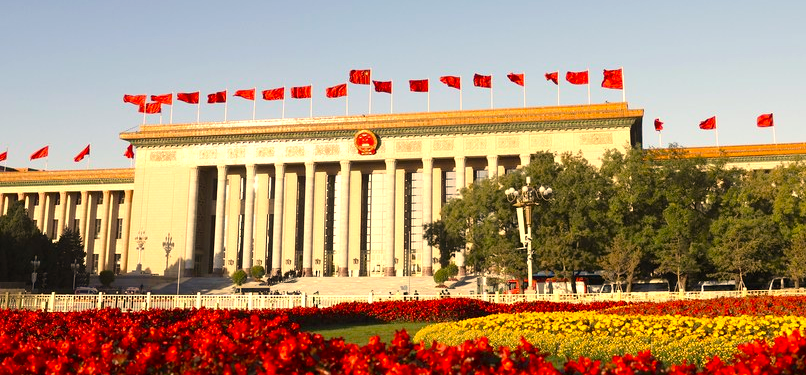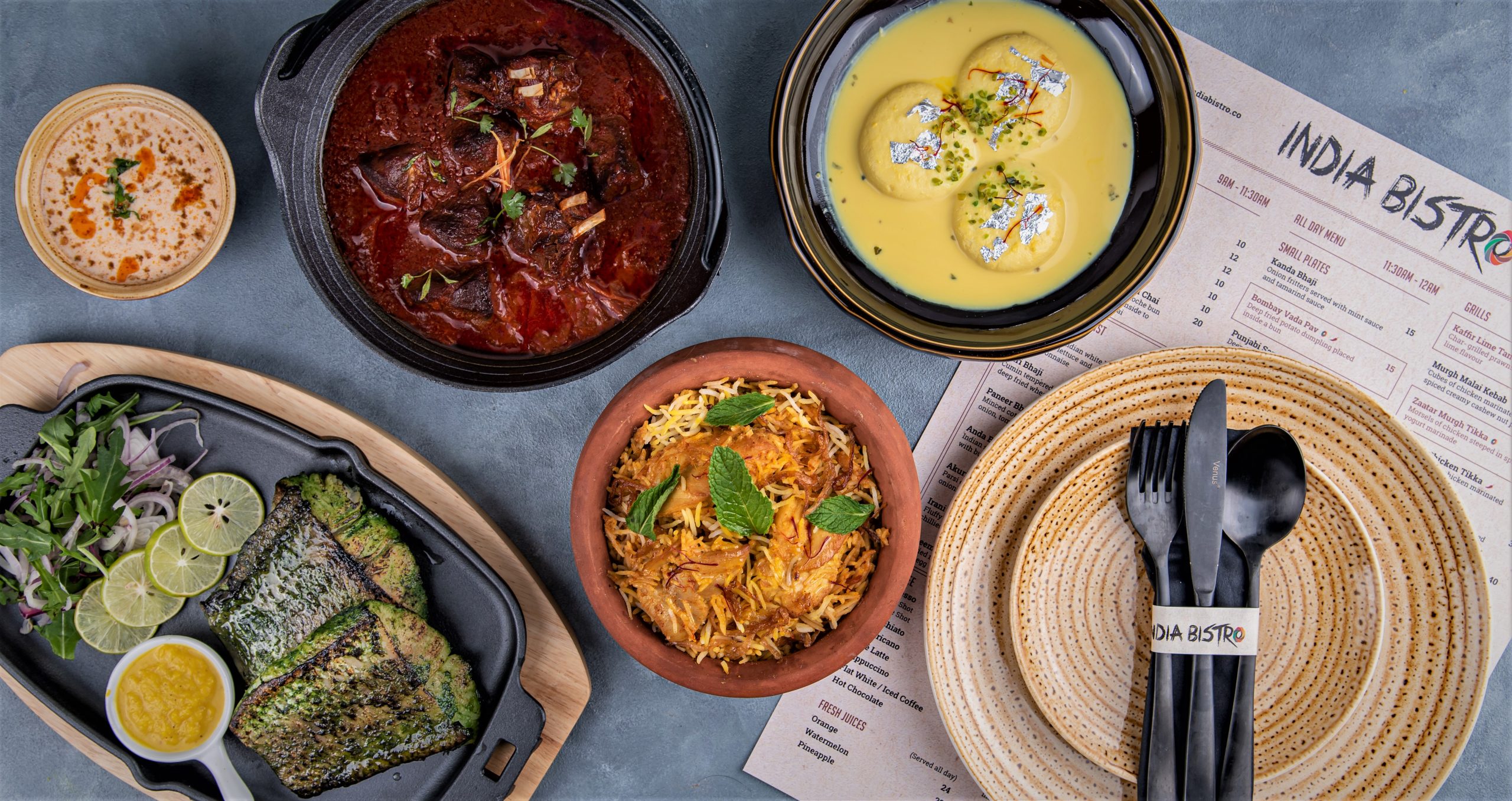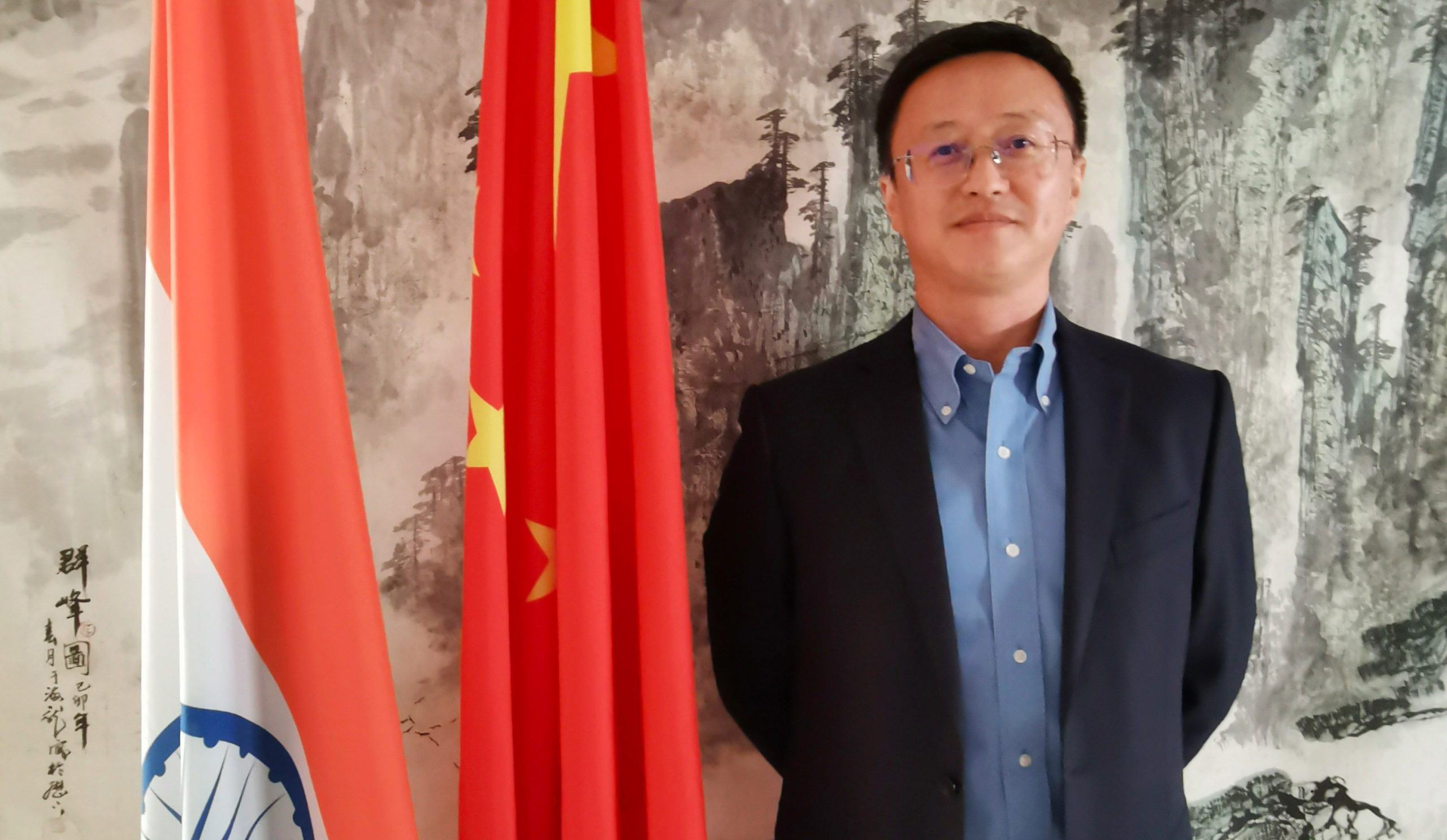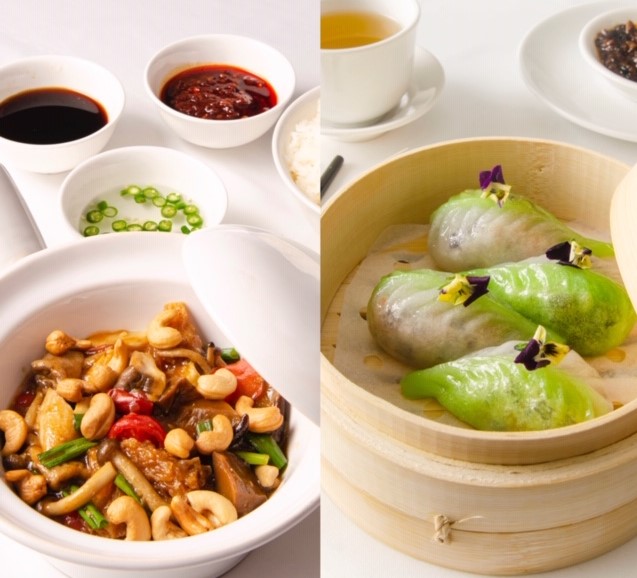In this unequal world, there are two contending models of interstate relations at play. One is the geopolitical model rooted in the Cold War era that depends on competing security-centered alliances like NATO, AUKUS and the Quad. This model seeks to contain global rivals and rely on military muscle to seek geopolitical advantages over the “rivals.”
The resultant militarization of the global commons like space, land and oceans fuels conflicts and friction. Any model that privileges domination and exclusion results in wars and strife. We are watching the results of that model in the shape of two active conflicts in the world.
The other model, different in approach and strategy, is the geoeconomic-centered model that relies upon economic partnerships, trade and connectivity to bind the community of nations in an inclusive, mutually beneficial economic relationship. Such a model promotes regional and global cooperation instead of security alliances.
Institutions like the Regional Comprehensive Economic Partnership and the Belt and Road Initiative (BRI) that promote regional peace and prosperity reflect this model. The positive role China played in the mediation between Iran and Saudi Arabia attests to the increasing importance of the economic factor that brings those countries together.
China has invested over $1 trillion in the BRI, undoubtedly the most significant diplomatic and developmental initiative. The wars in Ukraine and Gaza threaten to derail the global and regional connectivity promised by the geoeconomic-centered interstate cooperation paradigm introduced by China.
The UN Security Council, despite several sessions, has not been able to enforce a ceasefire in Gaza; and this has resulted in a humanitarian tragedy of epic proportions. The conditions appear inauspicious for a new global social contract; but hope was rekindled during the Asia-Pacific Economic Cooperation (APEC) Economic Leaders’ Meeting in San Francisco where Chinese President Xi Jinping and U.S. President Joe Biden met and evinced interest in continuing with trade and economic cooperation, despite different geopolitical objectives.
Perhaps the following statement of President Xi sums up the Chinese worldview which strikes a resonant chord with a large majority of Western as well as non-Western war-weary nations: “I am still of the view that major-country competition is not the prevailing trend of current times and cannot solve the problems facing China and the United States or the world at large. Planet Earth is big enough for the two countries to succeed, and one country’s success is an opportunity for the other.”
While the Chinese think that Planet Earth is big enough for all countries, paranoia is reaching a feverish pitch in the West. The U.S. as a dominant global power for so long is now confronted with the specter of losing that ascendancy to competitors that are catching up fast. Suddenly, the American mantra is reminiscent of the old mindset: “The United States cannot allow itself to be number two!”
One of the biggest worries of the U.S. is the closing of the gap between the Chinese high-tech sector and that of the U.S. The “chip war” has suddenly become its top priority with mini-lateral groupings such as “Chip 4” emerging to challenge the global ascendancy of China in AI, quantum computing and electronics. The alliance was proposed by the U.S. with the aim to thwart China’s chipmaking dominance.
There are indications that America is extending NATO’s reach into Asia with Japan, South Korea and the Philippines being motivated to join an “Asian NATO.” In 2022, NATO released a new strategic concept citing China as the “new strategic threat” and though the U.S. disavows the “Asian NATO” concept, the contours of that concept are being kept alive in the shape of alliances like Quad, AUKUS, and the “Indo Pacific Economic Framework.”
The EU however, despite remaining a traditional part of the Euro-Atlantic alliance, has started making overtures towards China to retain a measure of strategic autonomy in its politico-economic decision making. French President Emmanuel Macron’s visit to China last year is a testament to that desire. President Macron evinced a desire to remain engaged with China in the fields of the economy, culture, science and technology, rejecting concerns about European unconditional adherence to the U.S.-influenced “decoupling” strategy vis-a-vis China.
The European economies are expected to exercise “strategic autonomy” vis-a-vis relations with China and Russia, which essentially means retaining options for the Europeans’ own economic, technological, and business interests. The Middle East has also realized the benefits of multilateral engagement, instead of being part of the bloc politics of yore.
Multipolarity therefore is emerging as the dominant credo of the 21st century. The world is moving away from bipolarity to multipolarity and the consequent transition is full of headwinds. Problems like the lack of appreciation of the tectonic shift in geopolitics, bloc politics’ effort of a zero-sum mindset to stage a comeback, and the last-ditch efforts of a global hegemon to perpetuate its hegemony stand in the way of a smooth embrace of multipolarity, multilateralism and geoeconomics by the international community.
The dominant trends of the present age point towards the need for trade, connectivity and partnerships among nations to provide public goods to people while sharing the global commons equitably and responsibly. It is up to global powers and other members of the international community to get on the right side of history by shunning the geopolitics of confrontation.
Threats like climate change, food insecurity, water scarcity, pandemics and poverty staring humanity in the face require a collective international response as opposed to the adversarial politics that divide rather than unite.
The hope lies in the force of public opinion that might nudge the governments towards a global order based upon rules that promote justice, equity and human security, and luckily for that, a blueprint already exists in the form of the Five Principles of Peaceful Coexistence.
*Author Mushahid Hussain Sayed – Reproduced from CGTN
Disclaimer: Opinions expressed in the articles are of the authors and do not necessarily reflect those of the editors or publishers of Mumbai Messenger Newspaper. While the editors do their utmost to verify information published, they do not accept responsibility for its absolute accuracy.

Editor in Chief : Mewati SItaram











